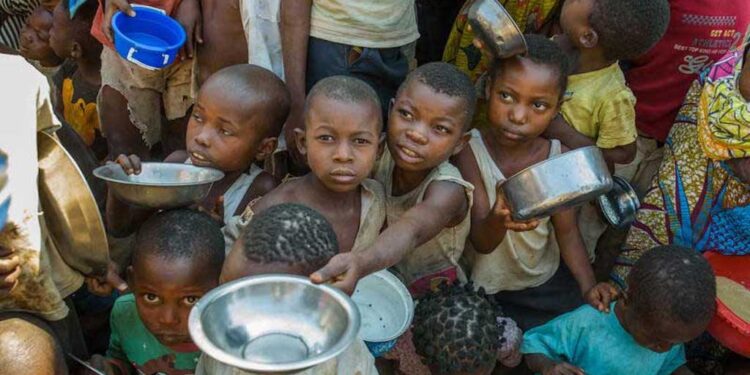A recent brief from the World Bank titled “Digital transformation drives development in Africa” has revealed that improved access to internet coverage has contributed to a seven per cent reduction in extreme poverty over three years in Nigeria and Tanzania. The report also highlighted an eight per cent increase in labour force participation and wage employment in these countries.
The Chief Economist for Africa at the World Bank, Andrew Dabalen, emphasized the significance of mobile internet usage, stating, “The minimal usage of mobile internet is a lost opportunity for inclusive growth in Africa. Closing the uptake gap would increase the continent’s potential to create jobs for its growing population and boost economic recovery in a highly digitalized world.”
The brief outlined that over the past five years (2016-2021), sub-Saharan Africa has witnessed an extraordinary 115 per cent increase in internet users, playing a pivotal role in stimulating economic growth, encouraging innovation, and generating job opportunities.
However, the report also highlighted the challenges in digital infrastructure coverage, access, and quality in the region. Despite 84 per cent of people in sub-Saharan Africa having access to 3G service and 63 per cent to 4G mobile coverage by the end of 2021, only 22 per cent were utilizing mobile internet services. The gap between coverage and usage was similarly significant for broadband, with 61 per cent having access to broadband but not using it.
The brief points out that addressing this gap presents an opportunity for sub-Saharan Africa to harness the full potential of digital transformation in promoting inclusive growth and economic recovery.
In a related context, the Minister of Communications, Innovation, and Digital Economy in Nigeria, Dr. Bosun Tijani, highlighted the affordability of data in the country but raised concerns about the reluctance of operators to lay fibre in many parts of the country outside major cities due to perceived unprofitability.

































